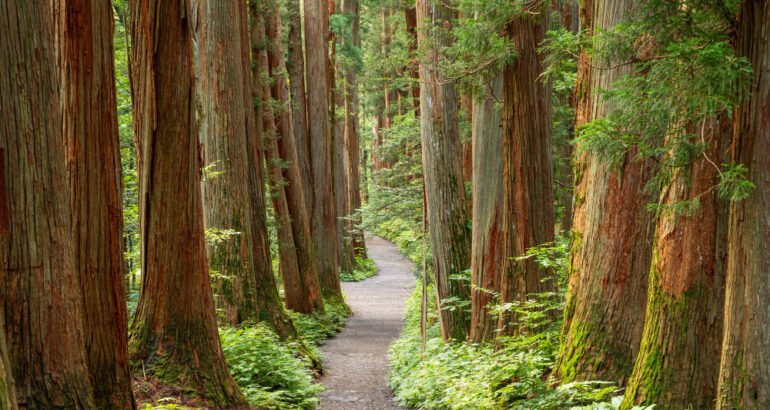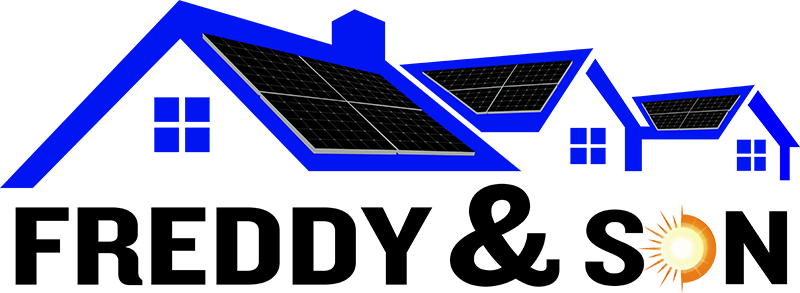
When homeowners consider roofing materials, the product’s longevity is often a prime concern. Cedar shakes have been a traditional choice for roofing for centuries, known for their durability and distinct aesthetic appeal. They are crafted from natural cedar wood and can provide a lifespan that often exceeds asphalt shingles under optimal conditions. Cedar shakes are particularly noted for their resilience to wind and impact, an attribute that stems from the natural strength of wood fibers. However, they require maintenance to prevent issues like moss, mildew, and wood rot, which can significantly shorten their lifespan if not addressed.
Asphalt shingles, by contrast, are a more modern invention and have become widely popular due to their cost-effectiveness and ease of installation. They are made from a fiberglass or felt paper base coated with a waterproof asphalt layer and topped with ceramic granules. While asphalt shingles may have a shorter lifespan than cedar shakes, they offer a balance of affordability and durability that suits a broad range of roofing needs. The major disadvantage of cedar shakes is their higher cost in terms of materials and installation and the required maintenance to fend off natural degradation, as per Houzz.
Determining which is better, shakes or shingles, largely depends on the homeowner’s priorities. Cedar or composite shakes offer a longer lifespan than asphalt with proper maintenance, an elegant natural look, and can be more eco-friendly. Meanwhile, asphalt shingles are easy to install, lower cost, and require less upkeep. Homeowners must weigh these factors based on their budget, climate, desired aesthetic, and willingness to commit to maintenance.
Comparative Analysis of Materials
When deciding between cedar shakes and asphalt shingles, homeowners should consider the materials’ longevity, aesthetic appeal, and cost. These factors are crucial in determining which roofing option best suits their needs.
Material Longevity
Cedar shakes typically offer a longer lifespan compared to traditional asphalt shingles. With proper maintenance, cedar shake roofs can last 30 to 40 years. In contrast, asphalt shingles have a lifespan of 15 to 30 years, with various factors such as climate and maintenance impacting durability.
Cedar Shake Roof Maintenance: To maximize longevity, cedar shakes require regular maintenance, including treatments for moss and mold and periodic sealing. The benefits of cedar shakes include better resistance to UV rays and rot when maintained correctly.
Aesthetic Appeal
Cedar shakes are known for their natural and rustic look that can add character to a home. Over time, cedar shakes gracefully ages into a silvery-gray patina that many homeowners find appealing.
Asphalt Shingles: Manufacturers have developed asphalt shingles that mimic the look of cedar shakes, offering a similar aesthetic with various colors and patterns. These products are often chosen for their visual similarity to real wood alongside the benefits of asphalt.
Cost Considerations
When it comes to cost, asphalt shingles are generally more affordable than cedar shakes. Below is a comparison:
| Roofing Material | Average Cost per Square Foot (including installation) |
| Cedar Shakes | $6.00 – $9.00 |
| Asphalt Shingles | $3.00 – $5.00 |
Cedar Shake vs Shingle Cost: Initially, cedar shakes are more expensive for material and installation due to the complexity of the installation process. However, the longer lifespan of cedar shakes may offset the initial investment over time.
Asphalt shingles are a more economical option and require less specialized labor for installation, translating into lower overall upfront costs. However, they may need to be replaced more often than cedar shakes, potentially increasing the long-term expense.
Installation and Maintenance
When comparing cedar shakes and asphalt shingles, one should consider the nuances of their installation process and maintenance needs to assess their long-term value and performance.
Ease of Installation
Cedar shakes require skilled labor for installation due to their natural variations and the need for custom fitting. They are typically thicker and less uniform than asphalt shingles, so the individual placement of each shake must be carefully handled to ensure a properly weatherproofed roof. On the other hand, asphalt shingles come with ease of installation; they are lighter, more uniform in shape, and can be installed more quickly, which can be a significant factor in overall project cost.
Maintenance Requirements
The maintenance demands for a cedar shake roof are notably higher than those of an asphalt shingle roof. Cedar shakes need regular treatment to prevent moisture intrusion and mold growth and to preserve their natural resistance to insects and decay.
- Regular Cleaning: To prevent the accumulation of debris and moss.
- Treatment: Application of protective coatings to repel water and prevent UV damage.
- Inspection: Frequent checks for damaged or loose shakes.
In contrast, asphalt shingles require minimal maintenance, typically only needing periodic inspections to ensure no cracks or displaced shingles.
Sustainability and Environmental Impact
One must consider both materials’ origins and long-term environmental effects when comparing cedar shakes to asphalt shingles.
Eco-Friendliness of Materials
Cedar shakes are a natural roofing material derived from cedar trees and are known for being eco-friendly due to their organic and biodegradable nature. They are sourced from renewable forests, often focusing on sustainable forestry practices. In contrast, asphalt shingles consist mainly of fiberglass and asphalt, which are non-renewable materials and require more energy for production.
Cedar shakes may also be treated to enhance durability and resistance to elements, which can involve chemicals that might not be environmentally neutral. However, careful selection of treatments can mitigate this impact to an extent. Moreover, some manufacturers are now offering synthetic cedar shakes, which aim to mimic the aesthetic of natural wood while being made from recycled materials, thus offering an alternative with potentially reduced environmental impact.
End-of-life disposal also differentiates the two. Cedar shakes, being organic, are compostable and recyclable. While they can be recycled, asphalt shingles are less commonly so and often end up in landfills where they can take hundreds of years to decompose.
The reduced need for energy in production and potential for recycling gives Cedar an upper hand in the discussion of eco-friendliness. Synthetic cedar shakes push this further by providing a roofing option that is not dependent on wood harvesting and has a lower impact on deforestation and habitat destruction.
Freddy & Son – Your Go-To Buyer for Cedar Roofing In Virginia
Freddy and Son are the top experts for cedar roofing contractors in Virginia. They’re good at building roofs and ensuring they follow all the rules and quality standards. The people who work there have lots of experience, over 10 years!
They use special wood cedar shakes that last a long time and look super classic. They know how to handle it all, whether it’s different kinds of cedar or treated wood. People love them because they do an awesome job, and even big groups like the Washington Capitals and Washington Wizards trust them. So, if you want the best cedar roofing contractors in Virginia, Freddy and Son are your go-to guys!



